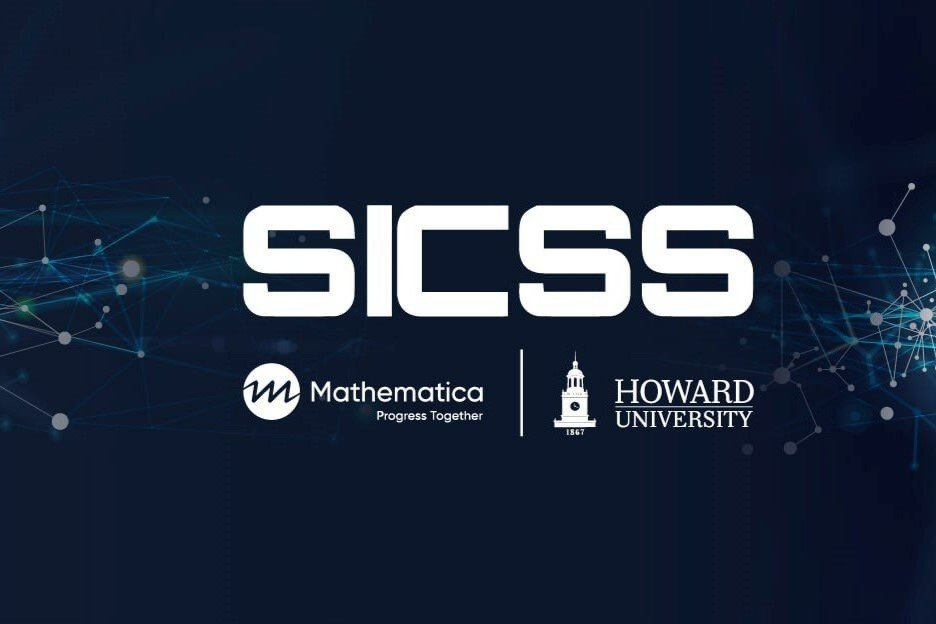New Approach to Research Evaluation: Evaluative Inquiry
Academic evaluation regimes set up to quantify the quality of research, individual scholars, and institutions have been widely criticized for the detrimental effects they have on academic environments and on knowledge production itself. Max Fochler and Sarah de Rijcke recently called for a more exploratory, less standardized way of doing research evaluation, with the introduction of the concept of the evaluative inquiry.
SICSS-Howard/Mathematica Alumni Receive Inaugural Excellence in Computational Social Science Research Awards
Summer Institute in Computational Social Science site sponsored by Howard University and Mathematica (SICSS-Howard/Mathematica) awards individuals and teams for the inaugural Excellence in Computational Social Science Research Fund as a unique and exclusive benefit offered to alumni of the site.
Interview on Evaluation with father and daughter team Patton and Patton
Michael Quinn Patton and Charmagne E. Campbell-Patton answer some questions about their work as evaluators and as a father-daughter co-author team.
The challenges of co-creation: some reflections on programming and (e)valuating MAKE@StoryGarden
Read about this co-creative project and methodologies for evaluating its success.
Studying Practices for Evaluation
This collection of open-access articles provides a variety of examples you can adopt for an evaluative study.
Practical Mapping for Applied Research and Program Evaluation
This collection of posts from the archives features posts by Steve Wallis and Bernadette Wright, authors of “Practical Mapping for Applied Research and Program Evaluation.”
What Utilization-Focused Evaluation Is, And Why It Matters
Learn about the What? Why? When? How? Where? and Who? of evaluation from Michael Quinn Patton and Charmagne E. Campbell-Patton.
Scholarly journals: What is next?
How are scholarly journals changing? See interviews with editors and exemplary articles.
Ethics and Research with Practitioners
When researchers conduct studies in professional or organizational settings, whose ethical guidelines should be observed? See this collection of open-access articles for examples.
Research Careers Beyond Academia
Methodspace contributors discuss career experience and offer tips.
The ‘Great Resignation’ as Research Context: Educational, Organizational, and Individual Realities in Flux
The rapidly changing nature of organizational life requires that researchers become newly curious about how shifting societal norms and personal conditions shape our research. See this post from Etienne LeGrand and Sharon Ravitch.
Researching Professional Practice: A Collection of Articles
This multidisciplinary collection of open-access articles offers a variety of perspectives about studying practice, with practitioners.
Practitioners and Researchers: Negotiating and Building Relationships
How can practitioners and academics conduct research together? See this collection of open access articles.
Market or consumer research
One way research tools are used outside academia is in market research. See this collection of open-access articles for examples.
Learning to Put Research into Practice
In this post, Edward Balleisen, Vice Provost for Interdisciplinary Studies and Laura Howes, Director of Bass Connections at Duke University offer practical suggestions for developing project-based courses as a scalable mechanism to providing students the opportunity to apply research skills outside of academia.
Practice As Research: Poetic Inquiry
Join the Practice as Research network of researchers and meet practicing researchers using poetry and other arts media.
Writing Is A Research Method
Dr. Helen Kara discusses ways to use writing as a method - a valuable approach for independent or practitioner researchers.




















